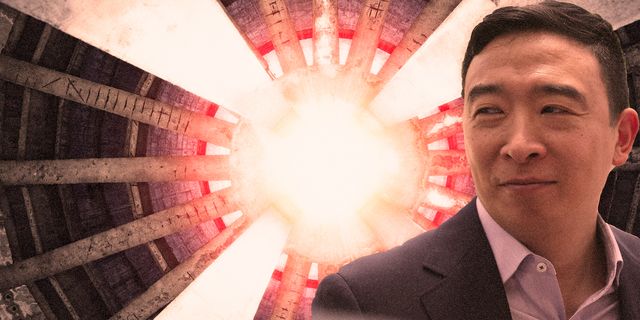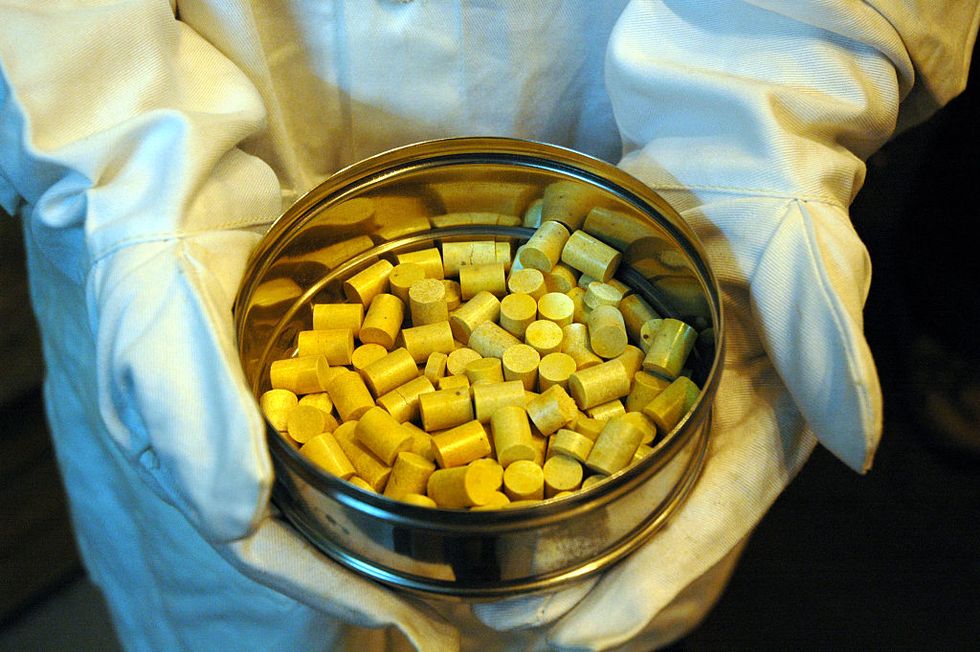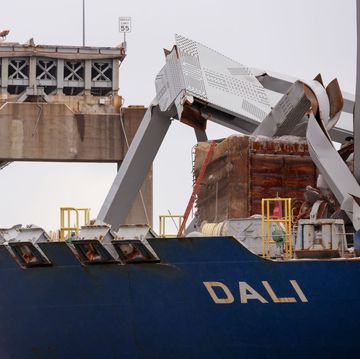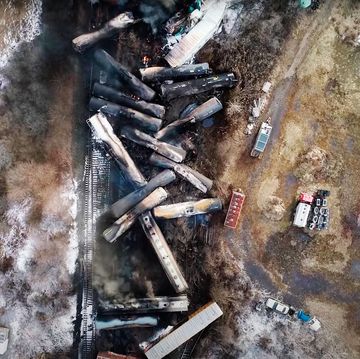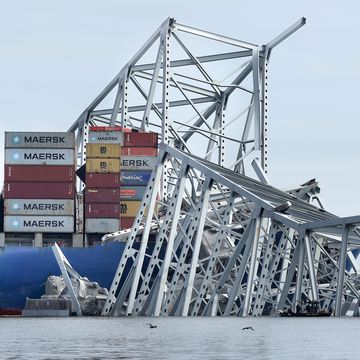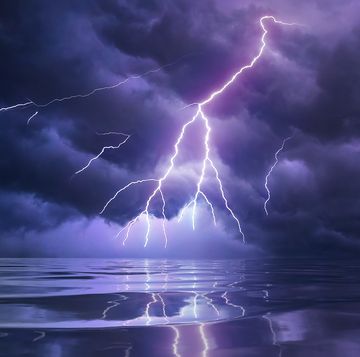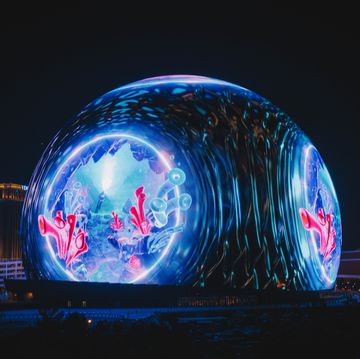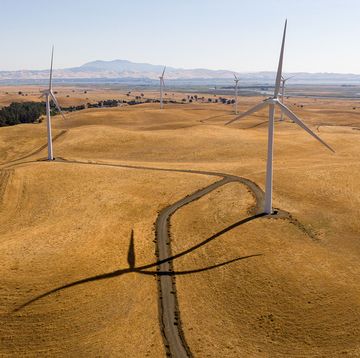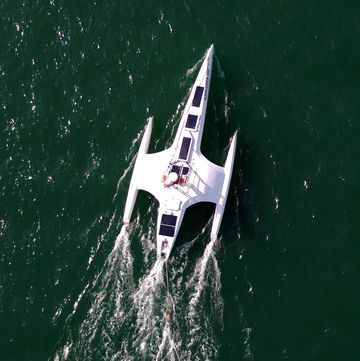- Andrew Yang, an entrepreneur and Democratic candidate for president, revealed his climate plan this week.
- Unlike other presidential candidates, Yang openly endorses a nuclear power known as thorium.
- Yang says he would heavily promote thorium research in America, promising that part of "$50 billion in research and development" would go toward thorium-based molten salt reactors.
On Monday, Democratic candidate for president Andrew Yang revealed his climate plan. Like the plans of fellow nominees Sen. Bernie Sanders and Sen. Elizabeth Warren, the plan is ambitious. But Yang's sticks out from the others because he openly endorses a type of nuclear power known as thorium.
Nuclear power has divided the Democratic candidates, with a few, like Sanders and Marianne Williamson, outright opposing its extended use into the future. Meanwhile, contenders like Yang, Sen. Cory Booker, and Sen. Amy Klobuchar actively support it. Yang's plan claims that the public's conception of nuclear safety "has been skewed by TV shows like Chernobyl and The Simpsons."
It's worth noting that while nuclear plants in America today are very different than the Soviet plants of the late 1980s, the show Chernobyl gripped Americans partially because it was based on a real event. Incidents like Fukushima, Three Mile Island, and multiple Broken Arrows still loom large for Americans. Polling from Gallup earlier this year showed a country split down the middle, with 49 percent of Americans in favor of the technology and another 49 percent opposing it.
But a thorium plant would be different than the plants with which Americans are familiar.
So, what is it? According to the World Nuclear Association (WNA):
Thorium is a naturally-occurring, slightly radioactive metal discovered in 1828 by the Swedish chemist Jons Jakob Berzelius, who named it after Thor, the Norse god of thunder. It is found in small amounts in most rocks and soils, where it is about three times more abundant than uranium. Soil contains an average of around 6 parts per million (ppm) of thorium. Thorium is very insoluble, which is why it is plentiful in sands but not in seawater, in contrast to uranium...
...Thorium (Th-232) is not itself fissile and so is not directly usable in a thermal neutron reactor. However, it is ‘fertile’ and upon absorbing a neutron will transmute to uranium-233 (U-233), which is an excellent fissile fuel material. In this regard it is similar to uranium-238 (which transmutes to plutonium-239)
One of the most touted pluses with using thorium instead of uranium-238 is that it's over three times more naturally occurring than the latter. However, just because it's naturally occurring, that doesn't mean humans can access it.
The reserves of economically extractable thorium are about equal with uranium, and the WNA says that "extracting its latent energy value in a cost-effective manner remains a challenge, and will require considerable R&D investment."
Not needing to irradiate U-238 might also be considered a plus. That means it won't give off transuranic atoms like plutonium, americum, and other nasty byproducts of nuclear energy that find themselves in waste.
However, thorium comes with its own challenges. "Thorium dioxide melts at 550 degrees higher temperatures than traditional uranium dioxide, so very high temperatures are required to produce high-quality solid fuel," says a report from the Oak Ridge Institute for Science and Education (ORISE), a Department of Energy institute. And while thorium might avoid some of the long-term challenges in waste management, combining it with uranium-233 in the short term would actually be more radioactive than current plants.
India is perhaps the world's biggest researcher of thorium, with China behind it in second place. Yang suggests in his plan that he would heavily promote thorium research in America, promising that part of "$50 billion in research and development" would go toward thorium-based molten salt reactors, and on top of that, he would engage in a public relations campaign to update the reputation of nuclear reactors.
David Grossman is a staff writer for PopularMechanics.com. He's previously written for The Verge, Rolling Stone, The New Republic and several other publications. He's based out of Brooklyn.
